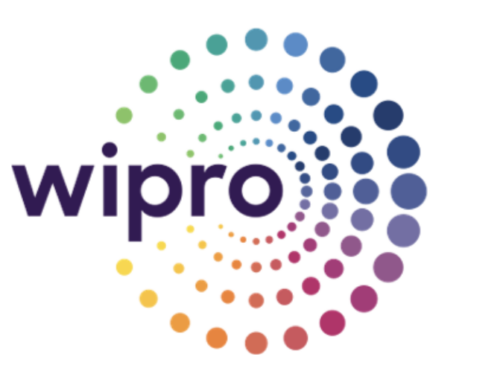Digital transformation remains a critical imperative for businesses across sectors, yet the path to achieving operational excellence is often hindered by traditional approaches to enterprise software. While the ERP market continues its explosive growth – projected to reach $78 billion by 2026 from $48 billion in 2022 – implementation challenges and customization needs are forcing organizations to rethink their transformation strategies.
The promise of ERP systems, particularly cloud-based solutions, is compelling. Gartner reports that 53% of ERP systems installed in 2021 were cloud-based, with this number expected to rise to 58% by 2024. Cloud-based ERPs offer greater flexibility, easier integration capabilities, and lower upfront costs compared to their on-premise counterparts. However, the reality of ERP implementations tells a different story.
Implementation timelines remain a significant hurdle. Small and midsize businesses typically require three to nine months to implement an ERP system, while larger enterprises face even longer timelines of six to 18 months. More concerning is that only half of companies complete their ERP projects within expected timelines. Technical issues plague 43% of implementations, while scope creep affects another 40%, leading to timeline overruns.
The financial impact is equally significant. ERP systems cost an average of $9,000 per user, with typical enterprises having 26% of their employees as ERP users. This substantial investment often leads organizations to make compromises: nearly 45% opt for moderate ERP customizations, while 21% choose heavy customization to align with their processes. These customizations further complicate implementations and increase costs.
This is where a no-code platform like Hubler presents a compelling alternative. Hubler enables users to create internal enterprise software without writing code, accelerating development and deployment through visual interfaces, drag-and-drop components, and pre-built modules. This democratization of software development enables domain experts to participate directly in creating solutions tailored to their needs.
Hubler’s no-code platform acts as a transformation layer for operations, procurement, and finance while delivering solutions at 60% lower IT spend compared to traditional approaches. This significant cost reduction, combined with rapid deployment capabilities, presents a compelling case for organizations looking to drive meaningful transformation without the burden of extensive ERP customizations.
Consider these common scenarios where no-code solutions excel:
- Process Automation: Organizations can rapidly deploy custom workflows that adapt to their unique requirements without relying on ERP customization resources.
- Compliance Management: Teams can create and modify compliance tracking systems quickly as regulations evolve, rather than depending on ERP upgrade schedules.
- Resource Management: Custom solutions for managing assets, facilities, and human resources can be developed and modified rapidly to match changing business needs.
While the benefits of a no-code platform are substantial, organizations must approach implementation strategically. Rather than attempting a complete ERP replacement, a hybrid approach that combines no-code development with existing ERP systems often proves most effective. This strategy allows organizations to leverage their existing investments while gaining the agility and speed of no-code development.
Key considerations for successful no-code implementation include:
- Data Governance: Ensure robust security architecture and safeguards for sensitive information.
- System Integration: Evaluate the platform’s capacity to integrate with existing ERP, accounting, and legacy systems.
- User Empowerment: Enable business users to create and modify applications while maintaining appropriate oversight.
- Scalability: Choose platforms that can grow with your organization’s needs.
This is where proven no-code platforms like Hubler have enabled agile enterprises to break free from the constraints of traditional ERP customization and achieve their transformation goals more efficiently and effectively.







